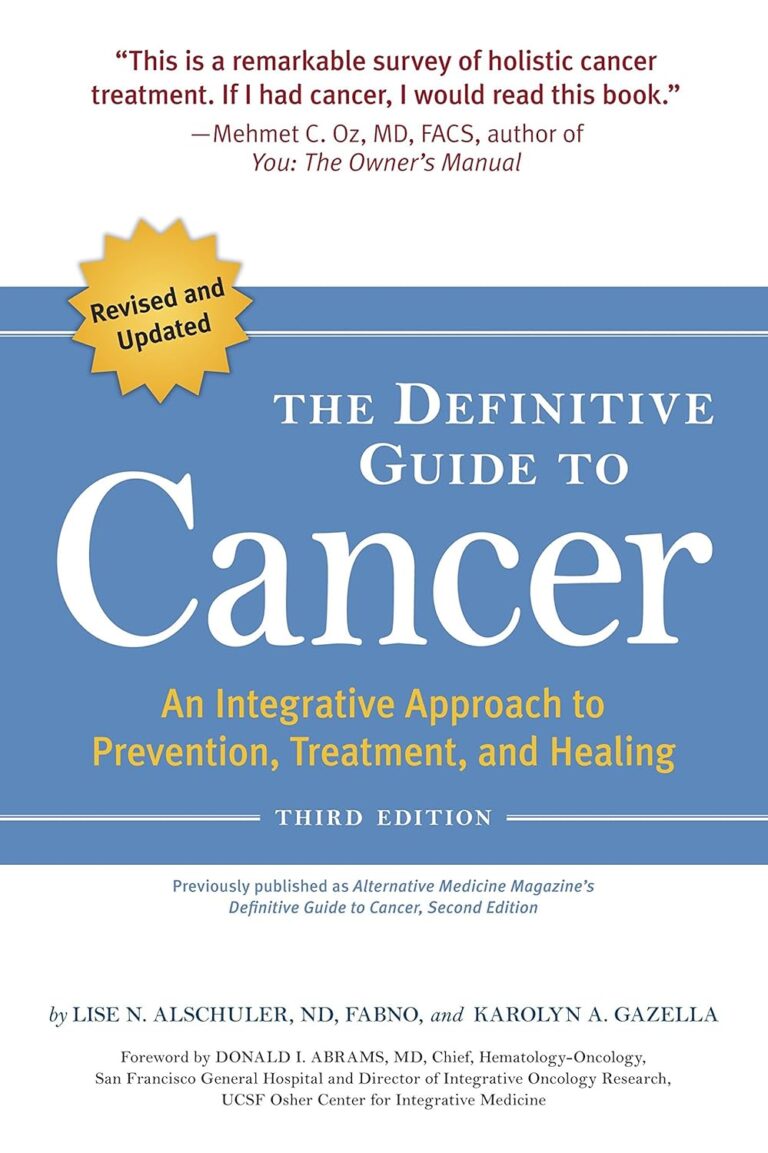Infertility is a complex and emotionally challenging journey that many individuals and couples find themselves on. Defined as the inability to achieve a successful pregnancy after a 12-month period of appropriately timed, unprotected intercourse, infertility can stem from various causes, including the impact of cancer treatments.
Causes of Infertility

Impact of Cancer Treatments on Fertility
Cancer treatments, such as chemotherapy and radiation therapy, can significantly affect fertility. Patients who receive alkylating agents, cisplatin, and other heavy metal-containing chemotherapy are particularly at risk. Additionally, radiation therapy to the hypothalamus/pituitary axis, ovaries, or testes has the potential to increase this risk further.
Fertility Testing
Fertility testing plays a crucial role in understanding one’s reproductive health. However, it’s essential to acknowledge the limitations of current testing methods. While ovarian reserve tests provide indirect estimates, they cannot predict natural fertility potential in regularly ovulating women. Similarly, semen analysis cannot absolutely predict sterility in males.
Ovarian Reserve Tests
Ovarian reserve tests are commonly used to assess a woman’s fertility status. They provide indirect estimates of the number of remaining eggs, but they fall short in predicting natural fertility potential. This holds true for both cancer survivors and the general population.
Semen Analysis
Semen analysis, a vital tool for assessing male fertility, also has its limitations. While it provides valuable insights into sperm health, it cannot definitively predict sterility. Regular testing is crucial for individuals concerned about their reproductive capabilities.
Navigating Infertility in Cancer Survivors
Cancer survivors face unique challenges when it comes to infertility. The impact of treatments on reproductive organs necessitates thoughtful consideration and support. Seeking guidance from healthcare professionals specializing in fertility can make a significant difference in navigating this challenging terrain.
Psychosocial Impact
The emotional toll of infertility is profound. Individuals and couples often experience stress, anxiety, and grief. It’s crucial to acknowledge these emotions and explore coping strategies that can help manage the psychological impact of fertility struggles.
Infertility Treatments
Assisted reproductive technologies (ART), including in vitro fertilization (IVF), offer hope to those struggling with infertility. Understanding the success rates and potential challenges of these treatments is essential for making informed decisions about the path to parenthood.
Lifestyle and Infertility
Lifestyle factors also play a crucial role in fertility. Maintaining a healthy lifestyle, including a balanced diet, regular exercise, and avoiding harmful habits, contributes to reproductive health.
Preventive Measures
For individuals facing cancer treatments, preserving fertility before undergoing therapy is a critical consideration. Pre-treatment counseling and strategies to safeguard reproductive capabilities can enhance the chances of future family planning.
Seeking Professional Advice
Navigating infertility requires expert guidance. Consulting fertility specialists can provide tailored approaches based on an individual’s medical history and specific circumstances. Professional advice is invaluable in understanding the available options and making informed decisions.
Get to know us better
If you are reading this, you are in the right place – we do not care who you are and what you do, press the button and follow discussions live

Conclusion
In conclusion, infertility is a complex issue with various causes, including the impact of cancer treatments. Navigating this journey requires a combination of medical interventions, emotional support, and lifestyle considerations. Understanding the limitations of current testing methods and seeking professional advice can empower individuals and couples on their path to parenthood.
FAQs About Infertility
- Can cancer treatments always lead to infertility?
While some treatments increase the risk, not everyone experiences infertility after cancer therapy.
- Are fertility treatments always successful?
Success rates vary, and individual factors play a significant role in treatment outcomes.
- Is infertility solely a physical issue?
Infertility can have psychological components, and emotional well-being is crucial during the journey.
- Can lifestyle changes improve fertility?
Adopting a healthy lifestyle can positively impact fertility, but it’s not a guarantee for everyone.
- How soon should one seek professional advice for infertility?
It’s advisable to consult a fertility specialist early on, especially if there are concerns about reproductive health.

















Comments
Thank you. Comment sent for approval.
Something is wrong, try again later